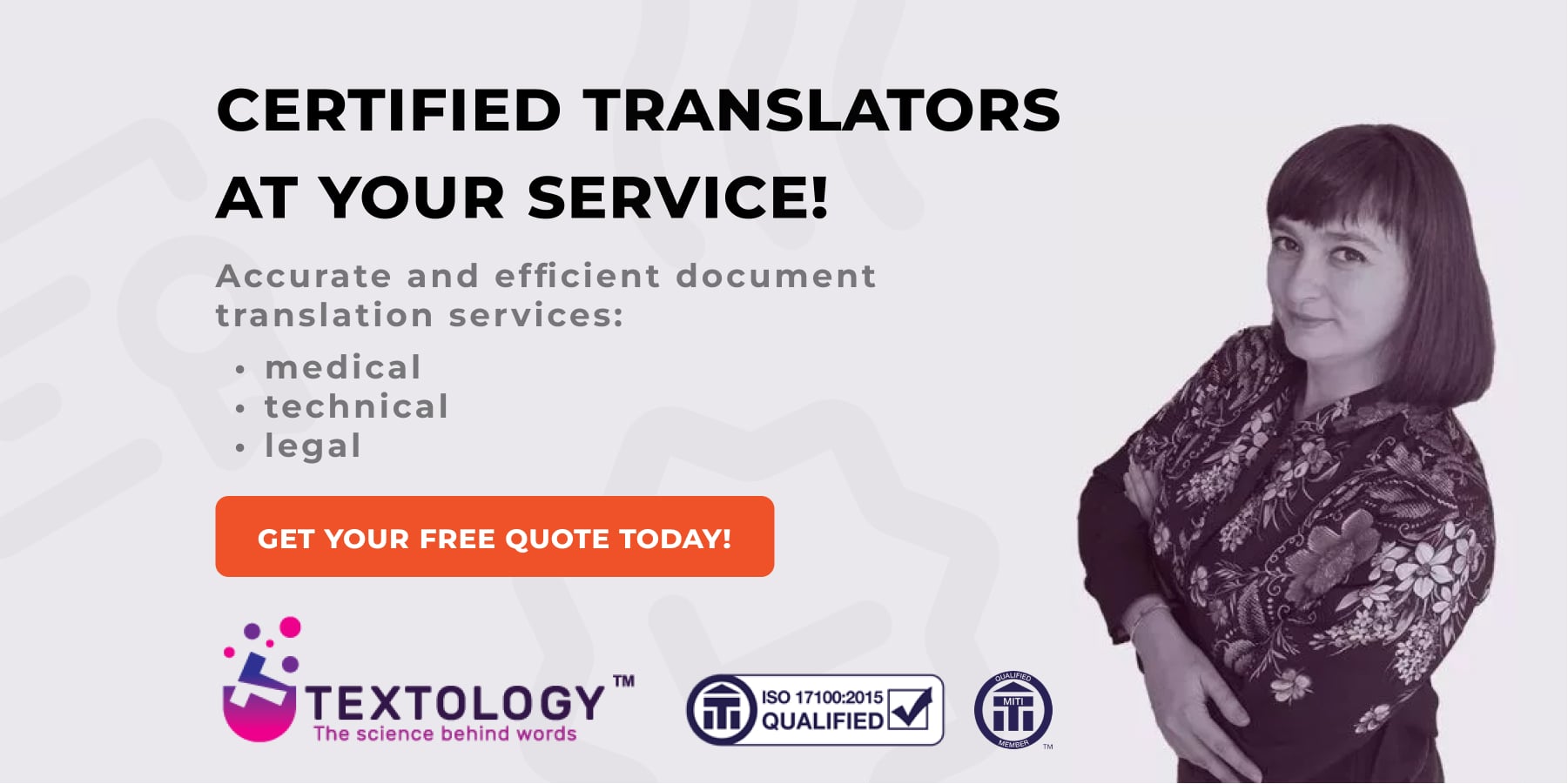
The debate whether translators’ work meets the requirements for copyright has been going on for years, especially among freelancers. What exactly is copyright and are translations considered original enough for it? Let’s find out!
What is copyright?
The term is rather self-explanatory – it’s no more and no less than the right to copy. Therefore, the owners of the copyrights can prevent others from copying their work, renting or lending it out, issuing its copies to the wider audience and performing it publicly. They can also stop broadcasts, adaptations and translations of it from happening.
Copyright itself is a purely legal concept recognized by international law and upheld all across the globe. Although the small details and required documentation might vary, the general concept stays the same. For example, the Anglo-Saxon system considers copyright a property right and protects it by statute. This concept was later taken up by North American courts and is closely similar to the concept of copyright in the rest of Continental Europe.
Aside from the core concept, each country has its own standards of copyright law suited to its legal system. This means that there’s no unified system governing the protection of copyrighted works around the world. All potential infringements on the copyrighted work are examined locally.
Does copyright include translations?
Any translation or adaptation (to the extent that an adaptation is involved) of an original work requires the consent of its copyright owner to be legally valid. But what about the translation itself? Translations are recognized by copyright law as sufficiently original work to receive their own copyrights – as long as they weren’t copied. Therefore, translators are considered authors and any original translation produced is protected by copyright law. A translation will have its own copyright even if it was made without the permission of the original author. Although the translator will still be held accountable for copyright law infringement.
Copyright of a translated text is often called dependent as its existence depends on already existing original work. It can be layered even further if the original translation is used as a base for translation to another language. The author of the first translation is also entitled to charge a fee for the second layer translations.
You may also be interested in: Forensic linguistics – where language, crime and law intersect
Who owns copyright in the translation work?
It would seem that the translation’s author owns the copyright, wouldn’t it? Not always, as in copyright law authorship doesn’t necessarily equal ownership. While it’s true for freelancers and the author is the copyright owner, if translators work as salaried workers or employees, their employer will be the copyright holder. Moreover, under American law the authors can sign away their rights.
How does this apply to a partially computer-generated translation? In general there’s not much difference – the person operating the program is considered the author and (in most cases, as mentioned above) the owner of the copyright. However, if the new translation was in large chunks made out of preexisting phrases generated by someone else, the translator may be treading on someone’s intellectual property. This may evolve into a huge image problem for a company if this kind of translation goes public. So if you’re a business owner, you should always use fully professional translation services that provide high-quality copyright upholding translation work.
How long does the copyright of a translation last?
In this regard a translation is treated as any other literary work would be and the translator is equally privileged as the original author. Most of the western world protects the translator and his work all throughout his lifespan and then an extra 70 years. After that time the copyright expires and the translation work goes public domain.
Read also: Certified translations – everything you should know about them
Translations – more meaningful than you might think
Thanks to being regarded by the law as original works translations are equal to any literary work, be it book or a short article, and so are protected by copyright. Therefore, translators have the same rights as any other author and can use them to strengthen their professional identities. But it’s not all privileges – as authors, translators must take responsibility for their work. Here at TEXTOLOGY we provide the finest technical translation services, employing fully professional translators that ensure the copyright in the original isn’t broken. So visit our website and start translating your company today!

